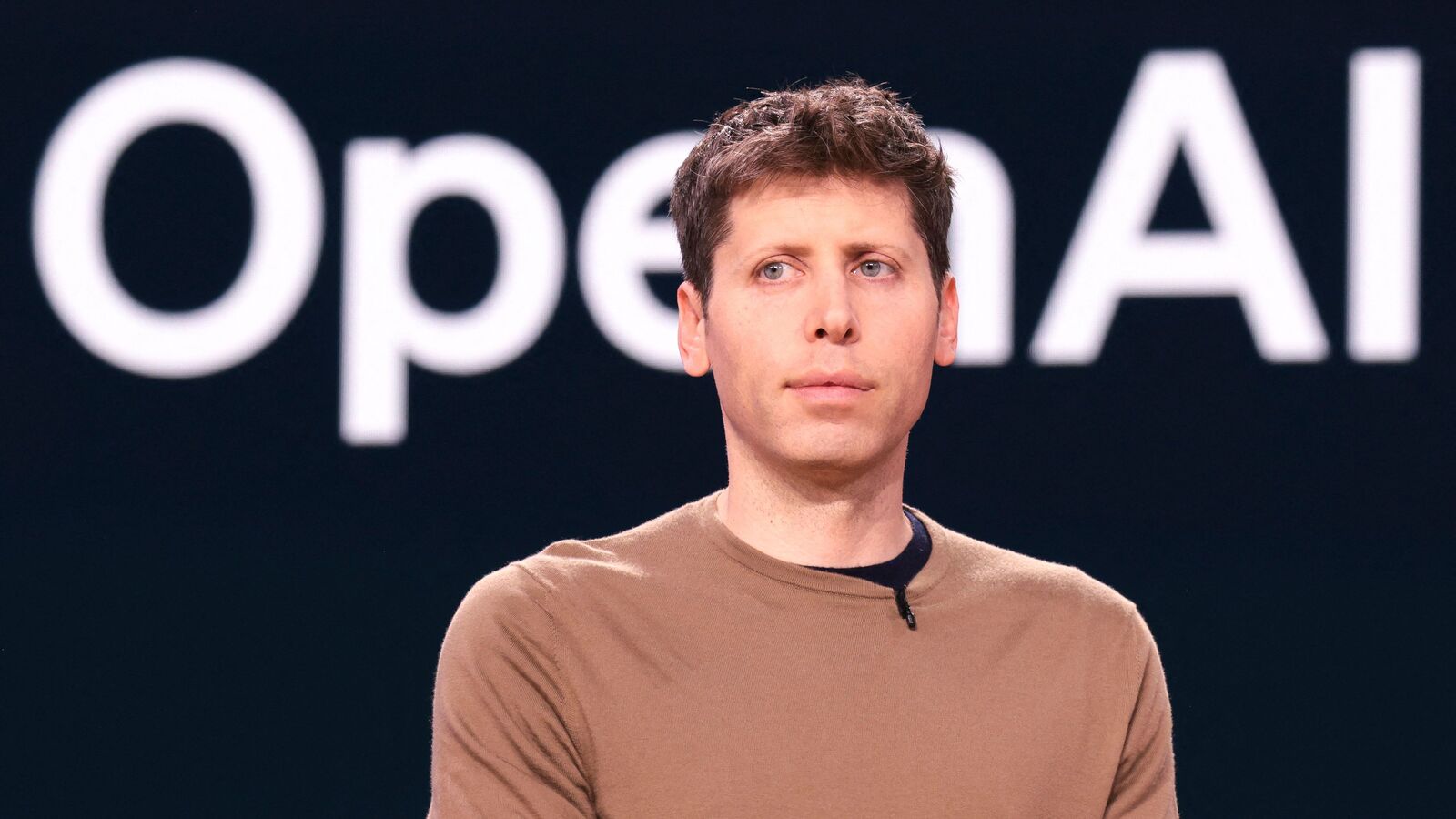Big Tech seems bent on selling us Agentic AI browsers as some sort of digital manna. OpenAI’s Atlas is the latest entrant, positioning itself as a rival to Google’s AI-powered Chrome, Perplexity’s Comet, Opera’s Neon, The Browser Company’s Dia and Brave’s Leo, to name a few. Each promises a future where browsers don’t just search the web, but think, decide and act on our behalf, while also learning from us.
Big Tech appears to believe this blend of automation and artificial intelligence (AI) will redefine how we interact with the internet by ridding our lives of drudgery and amplifying productivity. Imagine asking Atlas or Comet to plan a weekend trip, and getting not just suggestions, but also hotel and flight bookings in a jiffy. For users starved of time but suffocated by information, agentic AI sounds like salvation.
In their rush to dominate this next frontier, however, tech majors might be glossing over the trade-offs. Most of these tools are still prone to hallucinations, data biases, opaque decisions and prompt injections (hackers sneaking in instructions or text that tricks an AI into doing something it wasn’t supposed to).
Handing them the power to take action without human supervision could invite both errors and ethical dilemmas. As examples, a mistranslated financial instruction, a wrongly booked medical consultation or an unauthorized payment could all undermine user trust. Today’s battle over Agentic AI browsers has echoes of the 1990s tussle between Netscape and Internet Explorer, albeit with many more players this time.
Perplexity has mocked Google with cheeky ads, while Brave flagged security gaps in Comet. For now, though, Google retains the upper hand. Most AI browsers run on its open-sourced Chromium engine and Google’s Chrome still has over 90% of the global search market, as per BrightEdge data. October readings also show that AI search tools like ChatGPT and Perplexity drive under 1% of total referrals.
Meanwhile, history offers a warning. In the 1970s and then the late 1980s, overhyped systems failed to deliver, leading to ‘AI winters’—long phases of public scepticism and nearly frozen funding. If Big Tech does not fix AI frailties before blowing agentic trumpets, the industry risks a similar crisis of credibility. The danger is not that AI won’t work. It’s simply that expectations will soar faster than this technology can mature. Trust would be the first casualty of failure.
Agentic browsers need deep access to personal data—emails, search history, passwords, financial details— to function effectively. Yet, recent incidents show that even well-funded firms struggle to offer AI transparency. When models hallucinate legal cases or misquote medical facts, reliability breaks down. A big regulatory deficit compounds the risk. Who is accountable if an Agentic AI browser makes a costly mistake? The user of this tool—or its maker?
That said, Agentic browsers are not a bad idea. Crafted and used responsibly, they could transform our lives as inescapably as smartphones did. But innovation cannot shrug off the need to earn our confidence. Big Tech should pilot-test these tools in lower-risk domains like email management or travel planning before going further, and make their fallibility clear.
A grand Agentic let-down could hobble the concept—or provoke a regulatory backlash. If AI champs fail to exercise caution, their race to open up this hot new market could lose them what no capital splurge can generate: human trust.

